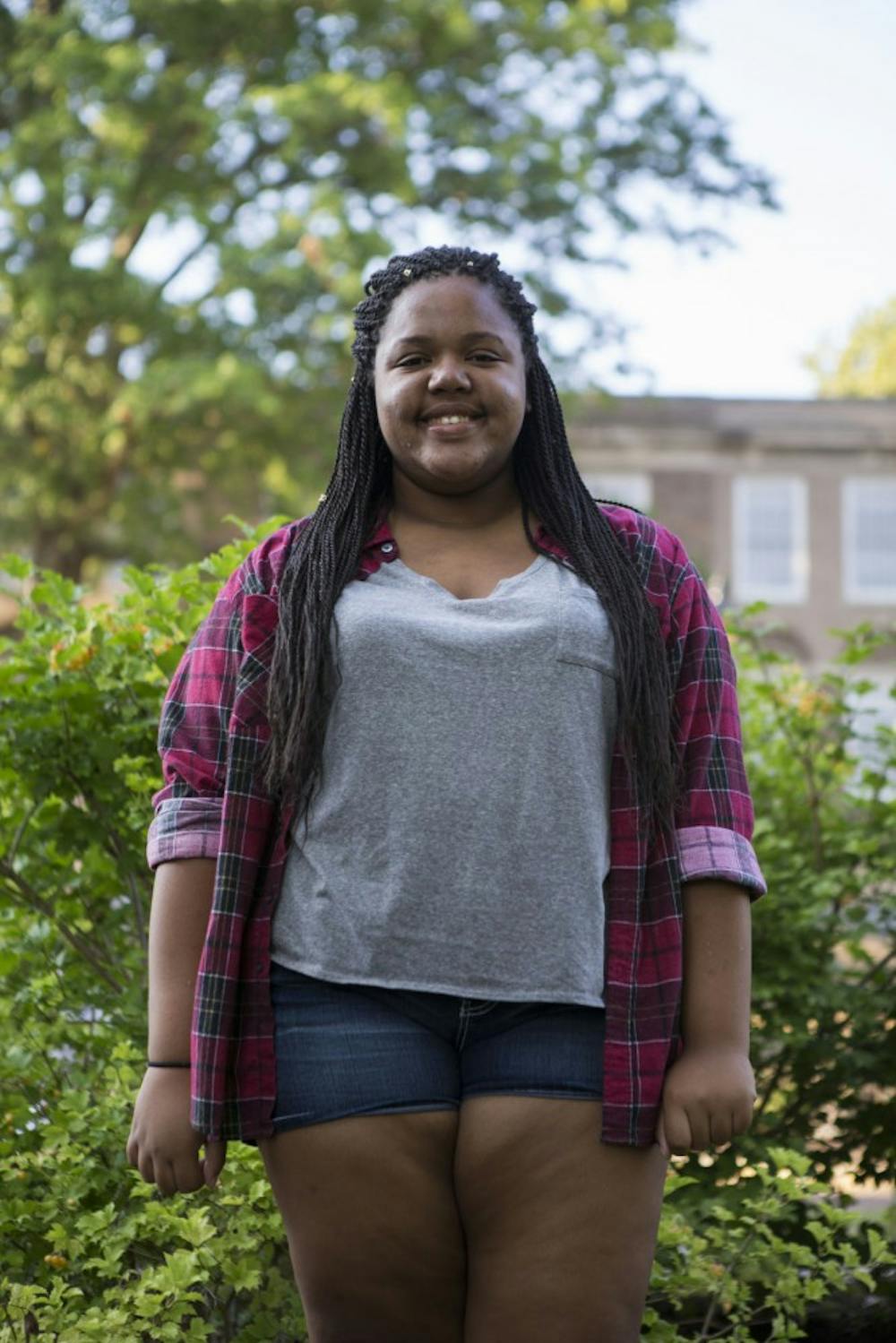Columnist Haadiza Ogwude discusses the importance of black health in terms of the Black Lives Matter movement.
This year's Black History Month has been moving, to say the least, thanks to Beyoncé's chart-topping new single “Formation” and her video that salutes and praises African-American culture, and Kendrick Lamar’s recent Grammy performance that highlighted mass incarceration and police brutality of black men.
There have been rallies, parties and events throughout the country to celebrate Black History Month. We are remembering the struggles and accomplishments of our ancestors, as well as honoring the inventions in the United States that would not exist if it were not for African Americans. We are discussing the oppression and plight of great-grandparents, grandparents, parents and even ourselves.
We are discussing the future of the black generations to come. We are praising our black musicians, comedians, actors, dancers and various other entertainers. We are honoring our doctors, lawyers, educators, politicians, engineers and athletes. We are discussing issues of today, such as mass incarceration, police brutality and lack of educational opportunities. Lastly, we are discussing the condition of black health in this country.
Black health is important, and it ranges from issues like the lack of healthy food options in low socioeconomic black communities to the prevalence of HIV/AIDS. Issues also include the Flint water crisis, and cosmetic issues, such as the appropriation and demonization of black hair and the lack of skin care and beauty products for darker skin.
LaTroya Hester, director of communication at the National African American Tobacco Prevention Network and a writer for HuffPost Black Voices, discussed the systemic disadvantage of the black community and the effects it has on black health in her article “Black Health Matters: Bring Home the Revolution.”
Hester talks about the lack of resources and medical care in urban communities, but she also talks about the changes occurring due to the Black Lives Matter movement and young black activists out there on the forefront fighting for equal health rights. She discusses how those revolutionaries are important educators in their respective communities.
{{tncms-asset app="editorial" id="c5263746-d06b-11e5-9154-8f93e8c03531"}}
Reading her article gave me hope that one day black communities will have the same health benefits and opportunities that other communities have. It also reminded me that during this Black History Month, and in general, we must be knowledgeable about black health issues. We must all be reminded that health is the core of our communities.
It is a fundamental principle of Black Lives Matter. We cannot just preach the ideas of the Black Lives Matter movement, but not be concerned with black health and black beauty. All facets of our lives are important and worth fighting for and acknowledging. Our health is what we need to live, it is our life, and by default, it matters.
Like Beyoncé said, we must "love our negro noses." We must love our African features, and we must fight for equal representation in beauty standards. We must be concerned not only with the police that continue to kill our black youth, but also the diseases, such as diabetes and HIV/AIDS, that also kill us. So, as we go forward this Black History Month, let us remember the health conditions black people face in our communities and let us yell Black Lives Matter for more reasons than one.
Haadiza Ogwude is a sophomore studying journalism. What did you know about black health? Tweet Haadiza @AdoreHaadiza or email her at ho299413@ohio.edu.






